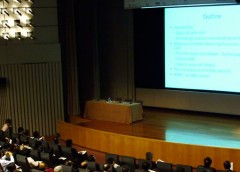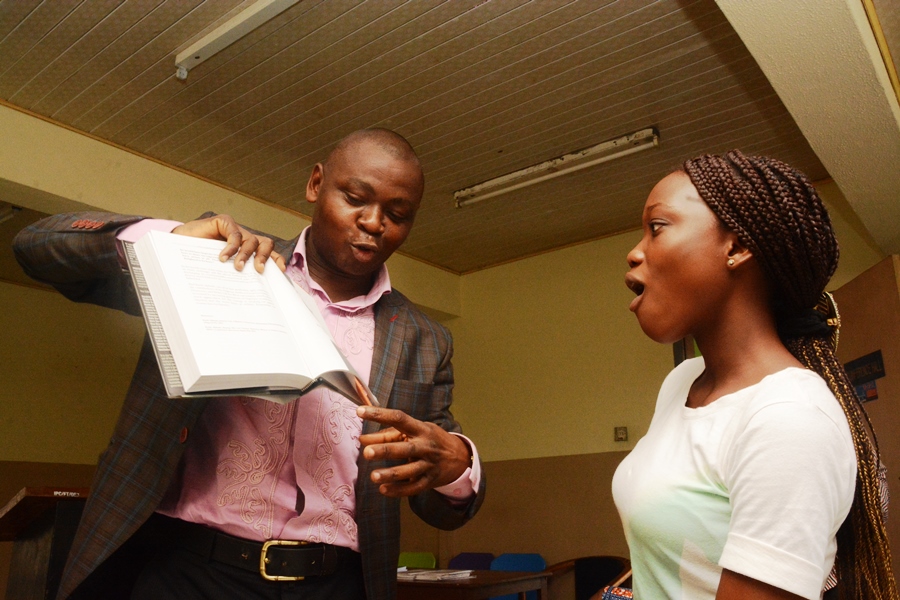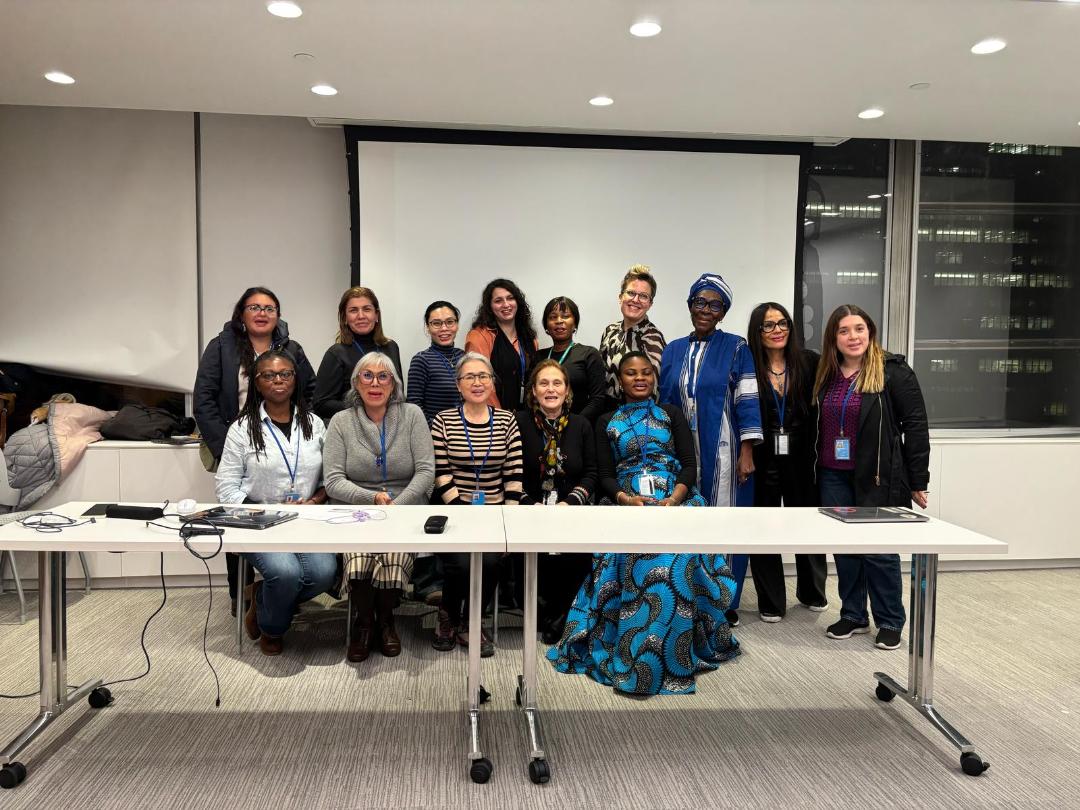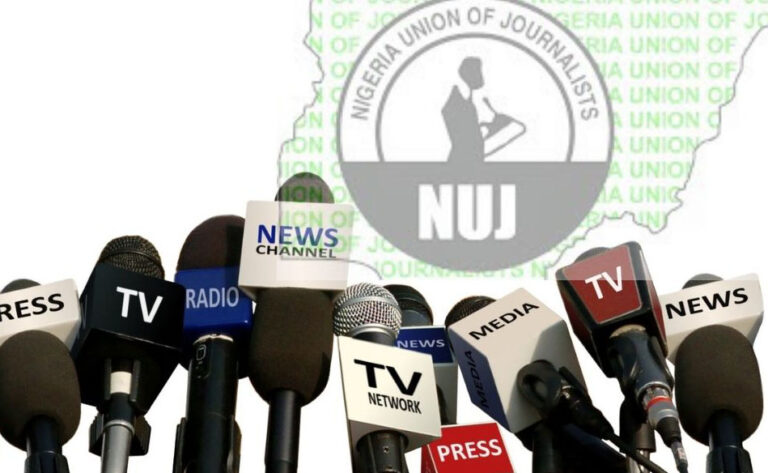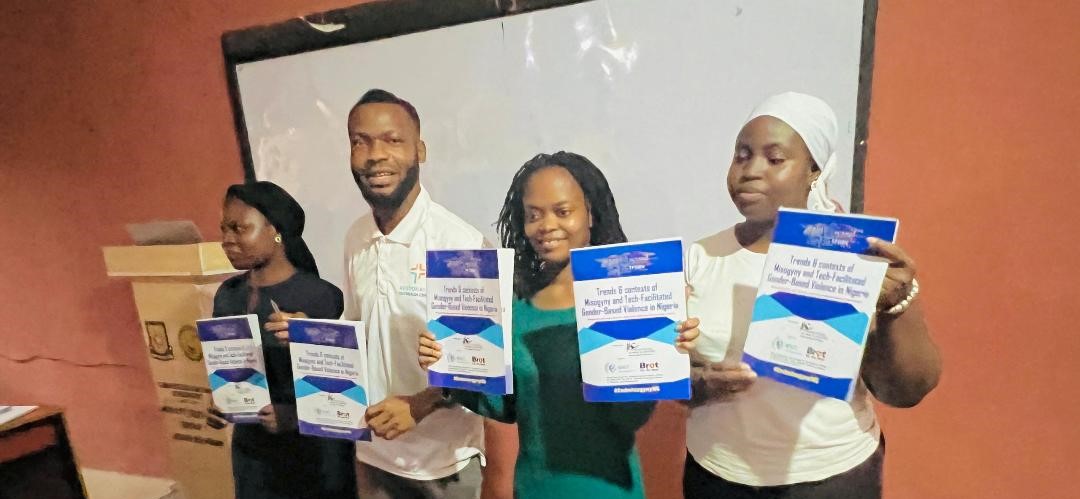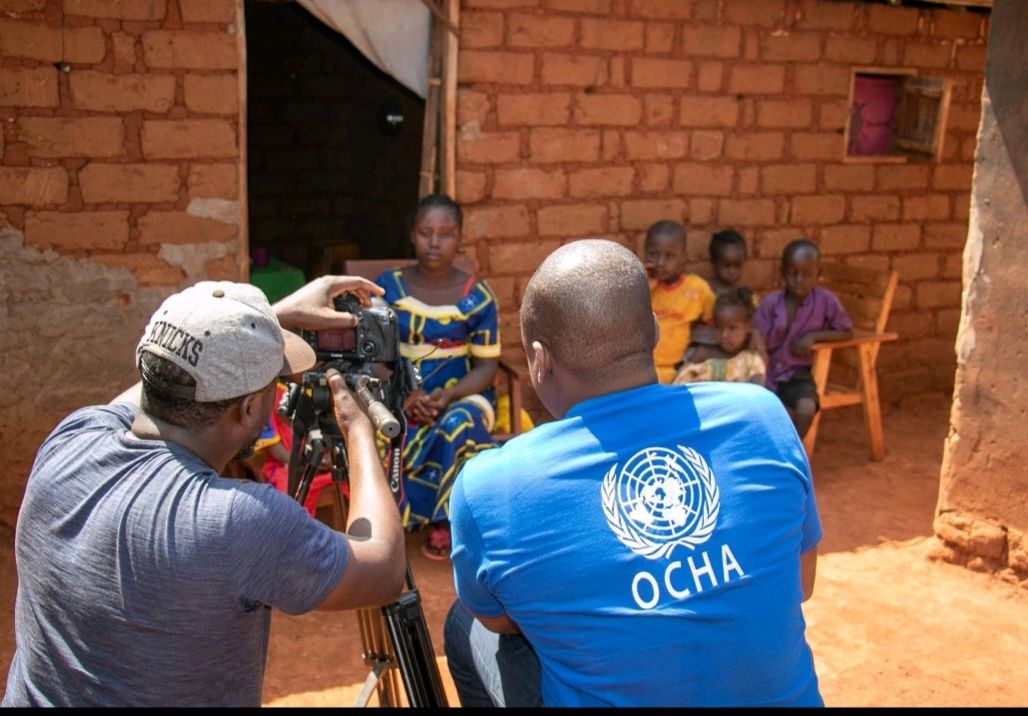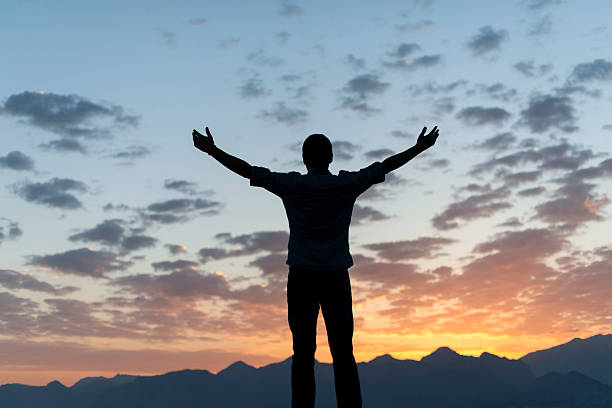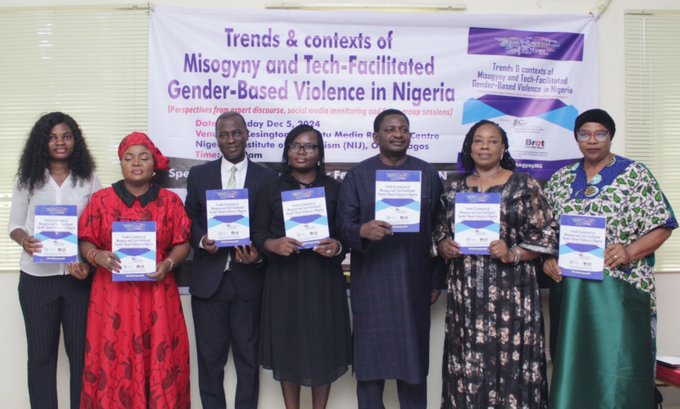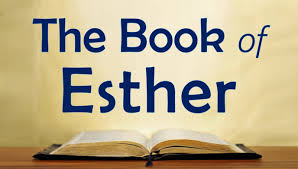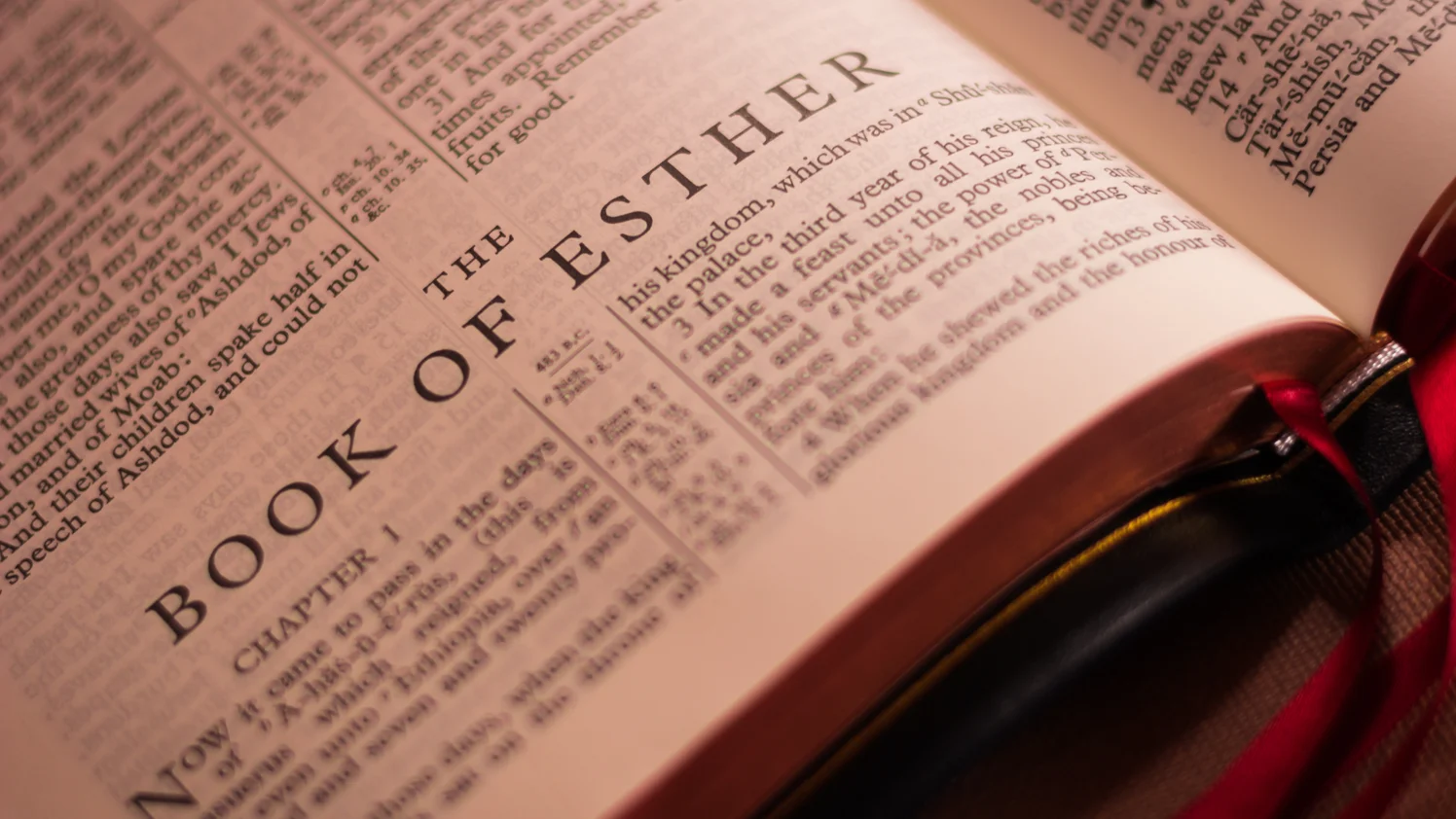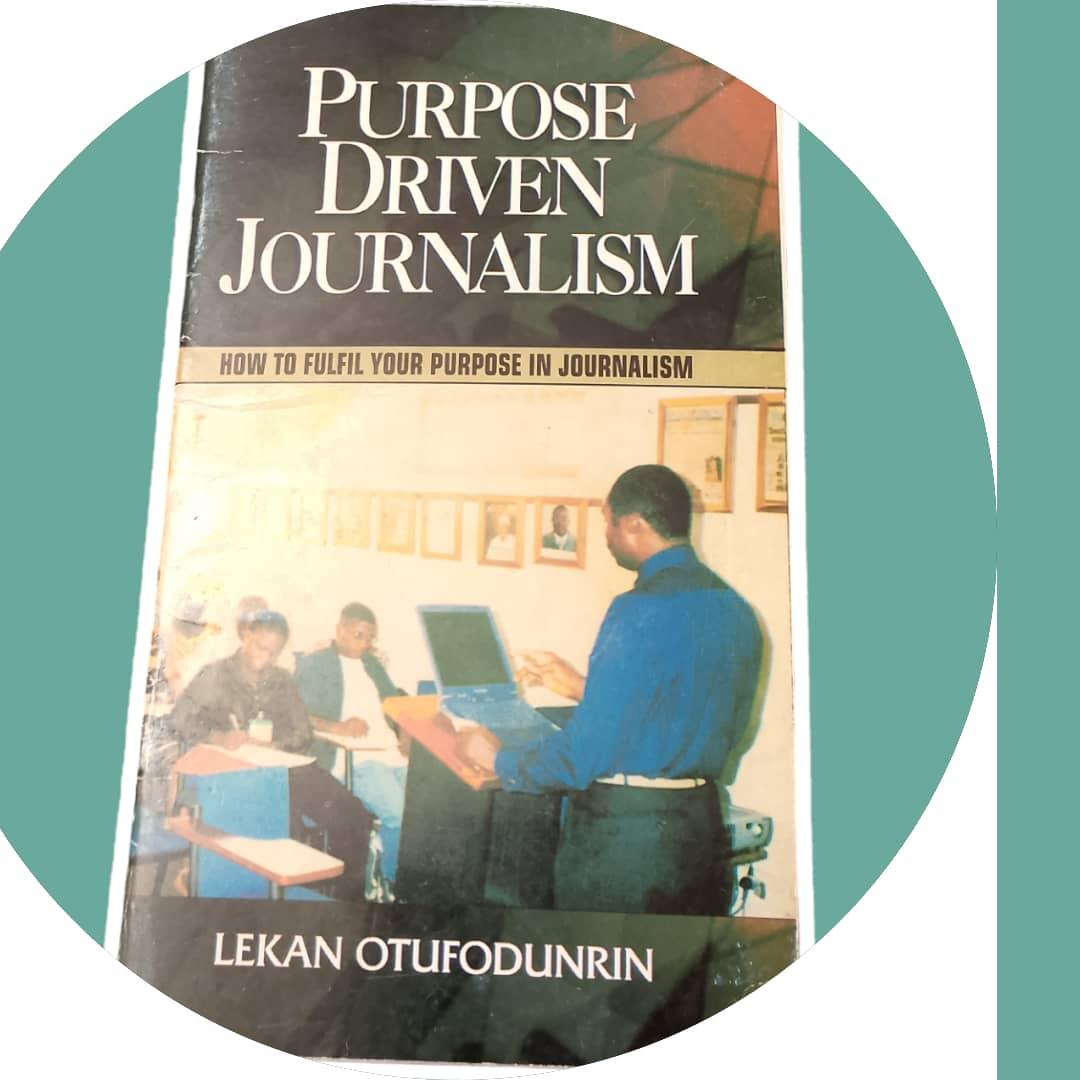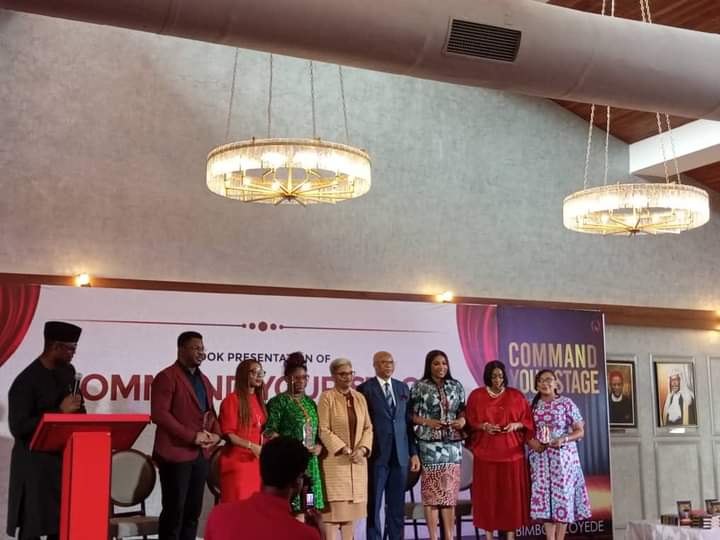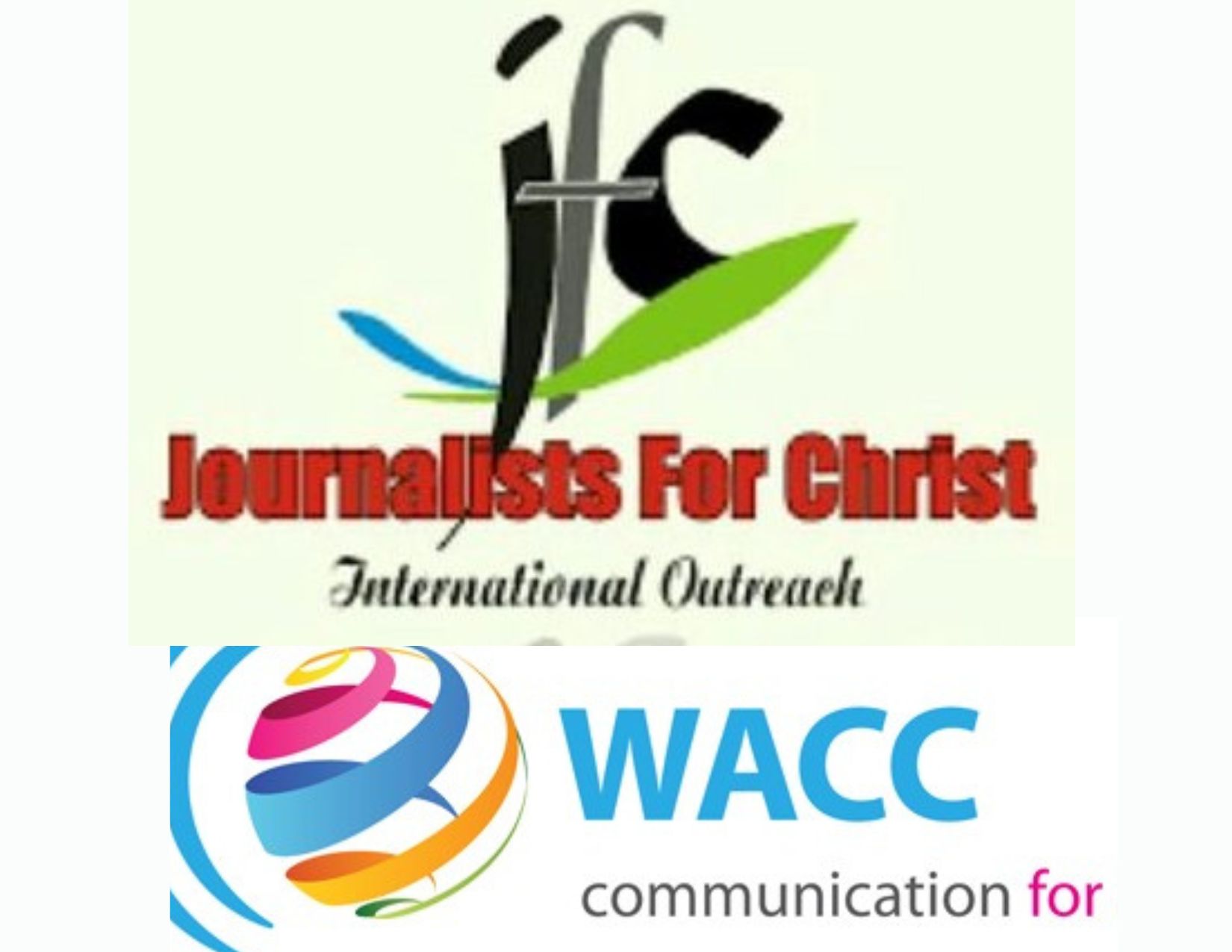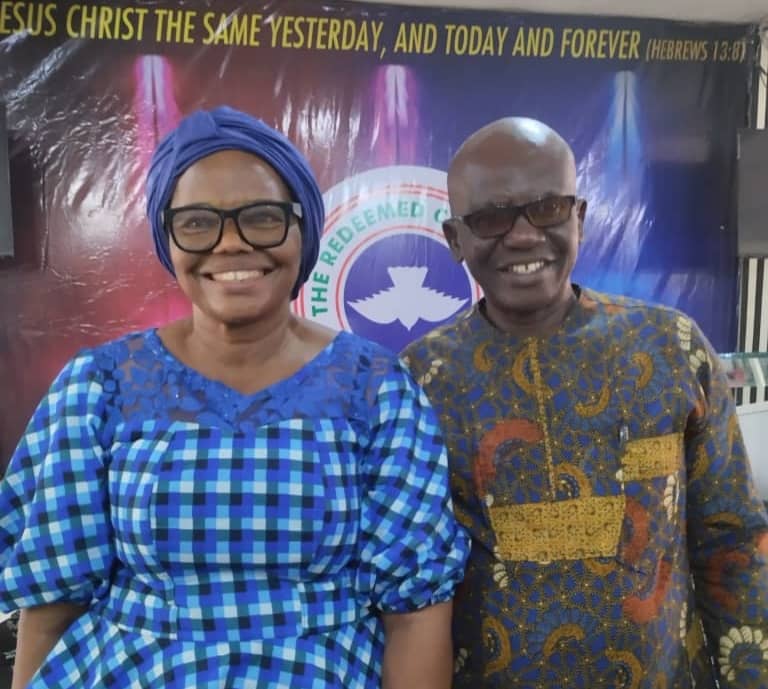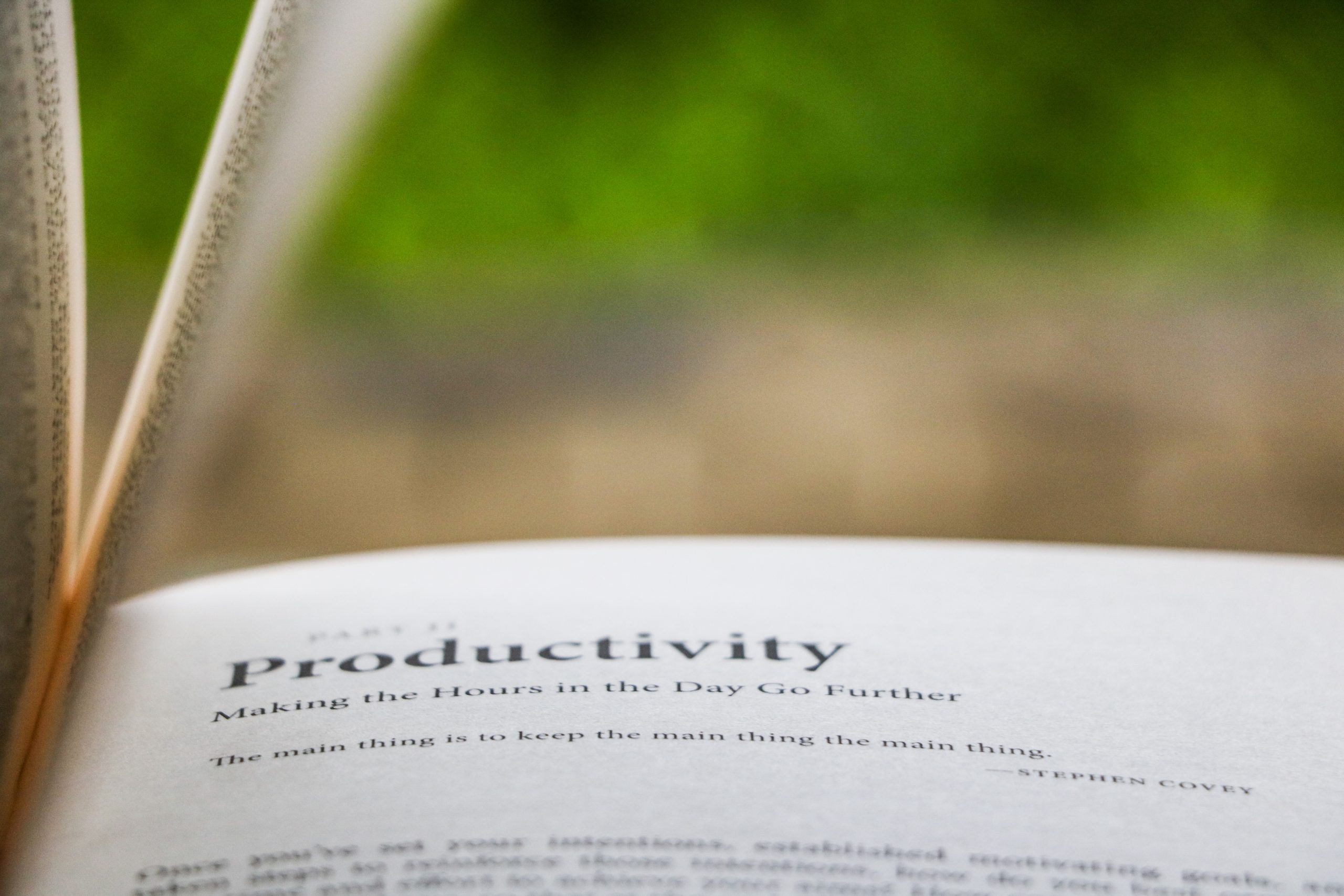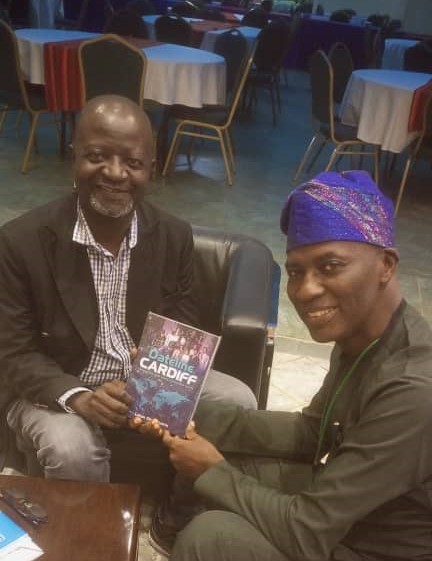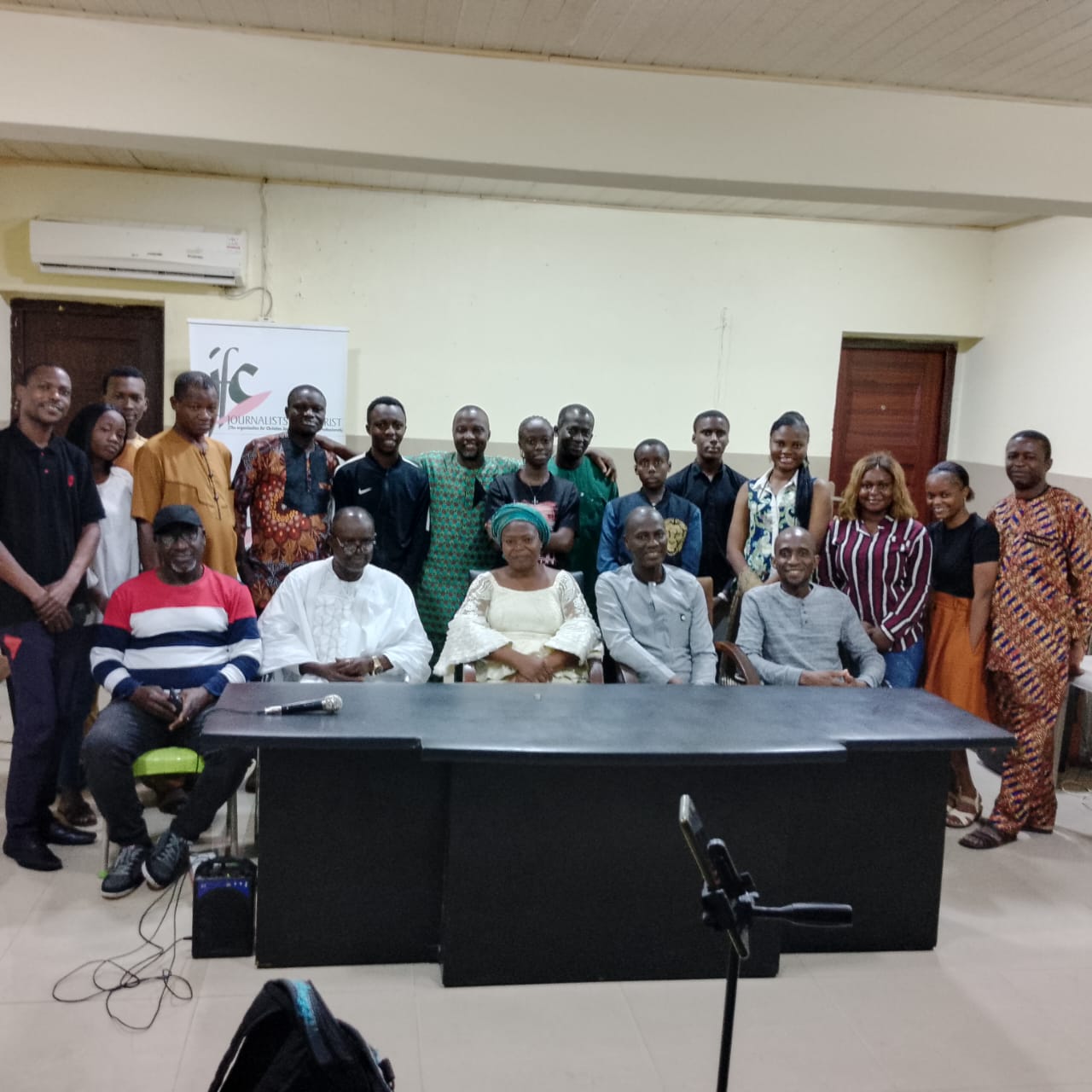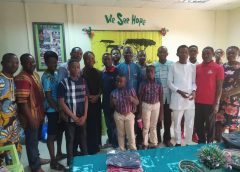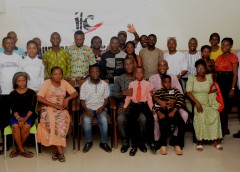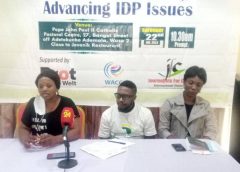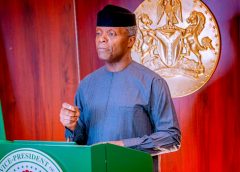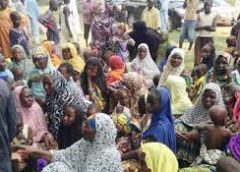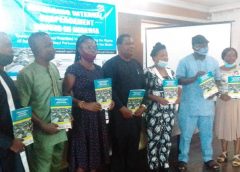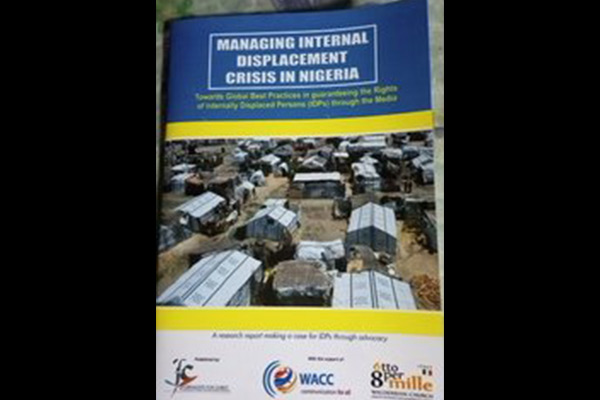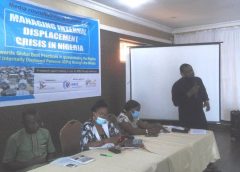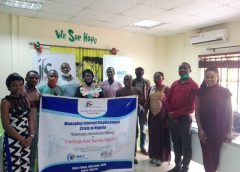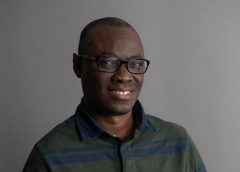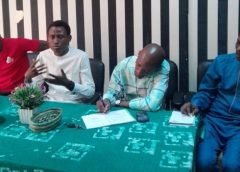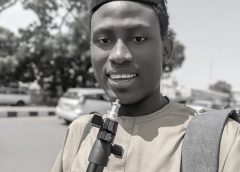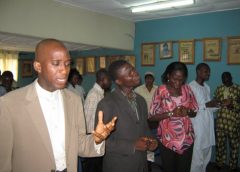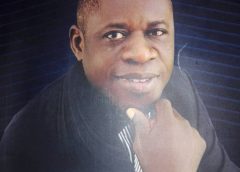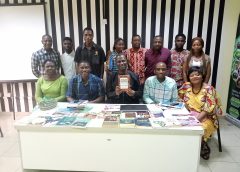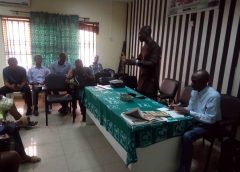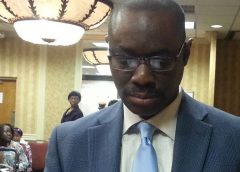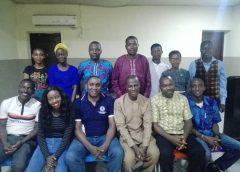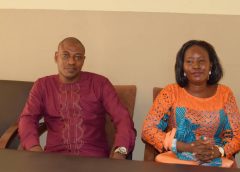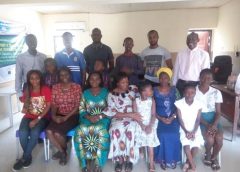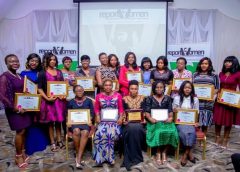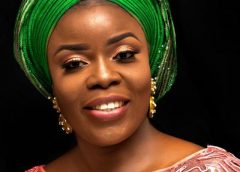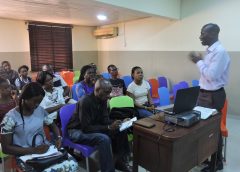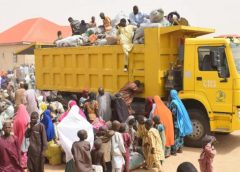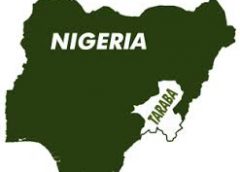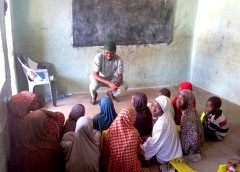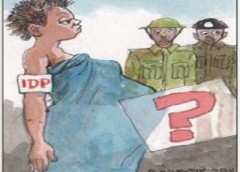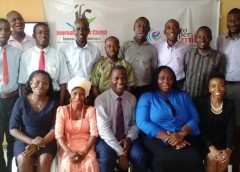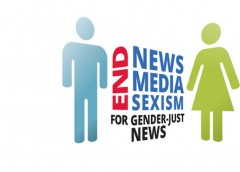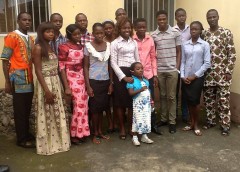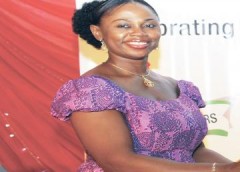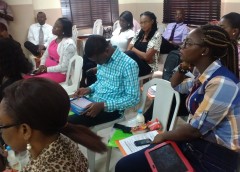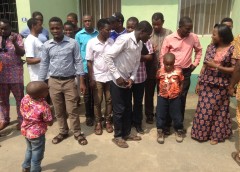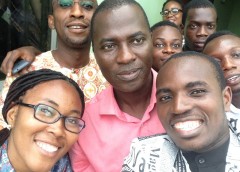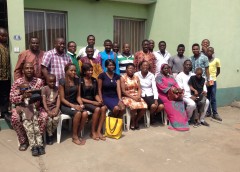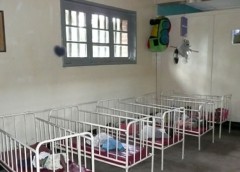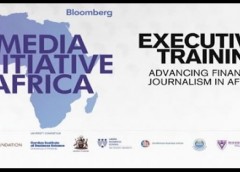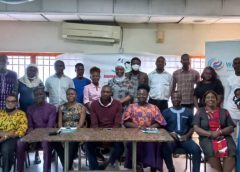
Dayo Emmanuel reports on the proceedings of the media stakeholders parley on the welfare and rights of Internally Displaced Persons (IDPs) meeting
A stakeholders’ parley between the media and social workers working with the Internally Displaced Persons (IDPs) has been held by the Journalists for Christ International Outreach with participants highlighting necessary steps to advance the rights and welfare of the affected persons.
The event held in Lagos 21st December 2021 was sponsored by the World Association for Christian Communication (WACC), Canada and Bread for the World (German Protestant Agency for Diaconia Development),.
It is part of activities for a year-long project titled: ‘Advancing the Rights and welfare of Internally Displaced Persons through media monitoring, investigative journalism and media-driven advocacy.’
Welcoming participants to the event, President of JFC, Mr. Lekan Otufodunrin said journalists need to build synergy to help highlight the plight of IDPs in various camps across Nigeria.
According to him, people in IDP camps didn’t plan to become IDPs, but the insurgency and other factors have been responsible for their displacement in their own country.
One of the panellists at the event, Mrs. Kemi Adeyeye, the Executive Director of Humanity Family Foundation or Peace and Development (HUFFPED) narrated her experience at some IDP camps in Maiduguri, Borno State capital.
According to her, meeting the needs of the IDPs is paramount to her organisation which runs an office in Maiduguri.
She said education was a major need that many caregivers are not looking into in addition to Food and shelter.
“What I saw was the lack of basic education, the main thing is survival; food and shelter. We have a lot of children, a lot of youths who should be in school. How do they reintegrate into the society when they leave the camps?” she asked.
Continuing, she said, “The IDPs don’t even need the formal classrooms. They can arrange schools for them in an informal setting and still achieve the same result. We didn’t have money for that but we were able to raise funds from our friends to buy exercise books for them.
“You find people duplicating efforts. Some IDPs will have to return home someday. How do they survive? They need to learn some skills, we need to teach them how to develop their capacity to make money through trading etc. In some of their communities, the insurgents have blown up their water facilities, they need water, the state government in Borno is trying but how safe are they when they get back home?” she queried.
Adeyeye also said some of the IDPs are already traumatized after watching their family members killed and have to be checked.
“The government cannot feed them forever, there must be an alternative way for them to be providing food for themselves. It is better to teach them how to fish because you cannot feed them forever, teach them how to fish rather than always giving them fish. These are some of the needs we saw on the field,” she said.
Another panellist, Chinagorom Okoro, Communication Officer, Sessor Empowerment Foundation, said, her organisation works majorly among displaced women and children across so many states in Nigeria and seeks collaboration to meet more needs.
“We deal with internally displaced women and children, they are our focus and they are in so many states in Nigeria,” she explained.
For some of them, she continued that, “Their problem presently is that they are incapacitated. They have lost their husbands and are breadwinners automatically. We give them soft loans to trade, we train them how to farm, in plastics.
“One of the problems we have is that they don’t have places to live, we try to send the children to school; they are willing to go to school and we are trying to see how we can help these women to stand on their own. A lot of them have dreams, they need help because things are really hard for them. They have many problems. There is also a problem of stigma,” she said.
Okoro attended the event with two displaced women including a young nursing mother, Regina.
Regina escaped to Lagos from Kaduna after her Junior West Africa Examination Council (WAEC) examination. She lost her father after the examination and had to seek a job in Lagos in order to send money home to cater for her younger siblings.
“I came to Lagos to look for work and help my siblings. The woman I worked for refused to pay me for a whole year. When I asked about my salary, I was told the person that brought me has been collecting the money behind,” she recalled.
She however left the job for another cleaning job that earned her N25,000 monthly out of which she sent N20,000 home.
On how she became a mother of baby Eunice, she said, “I started an affair with a man who promised to help me. I was a virgin before I met him. I got pregnant for him because I needed to survive,” she explained sobbing.
Another displaced woman, Lahila, a Christian fled Gombe State with her husband. According to her, her husband, a Muslim was to be killed for marrying a Christian and they both escaped after which he became a Christian.
“I was going to be killed because I married a Muslim who changed to Christianity. So we ran to Lagos. Things have not been easy for us, we need proper shelter and food,” she pleaded.
Since her husband had an accident, she said the burden of taking care of the family has rested on her. “We don’t have enough food and we are in need of help. We need government support, we live in Ilaje area and we are about 200 in that community from Borno, Gombe and other states. I have been in Lagos for nine years,” she narrated.
John Ndukwe a social worker, visual storyteller and humanitarian/social worker who has worked in several IDP camps in Nigeria was also on the panel.
According to him, journalists should intensify efforts in reporting the real issues at the camps apart from food and shelter.
“I see a lot of stories being told. How are we telling the stories? I have been to a lot of camps even apart from the North East. I recently went to Ipokia in Ogun State and I saw displaced people. There are lots of displacement, the situation hasn’t changed.
“You see the same thing, the mentality hasn’t changed. Immediately you are displaced, you become a second class citizen in your own country. If you go to Makoko, you will see a lot of people displaced from Otodogbame, nothing has been done. We need to understand that human being has pride, the moment you give me food, two things would happen; it’s either I see you as my meal ticket or I avoid you because you are reminding me of where I’m coming from. These are things we are not talking about.
“There are over 15 trucks that come into Borno State monthly, loaded with food and in two weeks they are gone. There are places people don’t care how many interventions you give them, people are not ready to leave the camps, I have been to Bama, Dikwa and other places when they see people coming every day to give them stuff, it is all about survival, but they have refused to leave.”
To Ndukwe, the caregivers at the camp need to work on the mindset of the people because they must get balanced psychologically first.
“It is not all about food. How do you change the mindset of a child whose father was killed or whose mother was killed after being severely raped by men who are not even old enough to be his elder brother? You now think food is that child’s major need, he will just be looking at you.
“Psychological support is needed in the camps, organising a therapy for them. They have built emotional walls around themselves, they will not open their mouth to talk to you.
“A boy walked from Sambisa forest to Mungunu living on raw corn. We are not talking about educational intervention again. You can take a horse to the river but you cannot force it to drink. That is the case now,” he said.
Proffering solutions, Ndukwe said, there is a need to work on the mindset of the displaced persons before offering an informal education system at the camps
“If you give education before working on the mindset, you will only be pouring water in a basket.”
According to him one experience that would not leave him easily was a 12-year-old girl that could dismantle an AK-47 rifle, noting that that is the extent of damage that has happened to children in the various camps, many of who have been introduced to drugs at early ages.
Participants broke into groups to discuss possible media interventions to support the displaced persons.
A consultant to JFC on the project, Mr. Sanmi Falobi in his comment encouraged journalists to do more in reporting the plight of the IDPs which would definitely get to the policymakers. He also wants a synergy that can work faster to be created among the journalists.
“From this meeting, we want a situation where one or two journalists would team up to visit IDP camps to do stories that can be a game-changer,” he said, adding that, “We have heard that there are several perspectives to these issues.
“We have talked about different barriers including that of language, cultural barrier and so on and we must find the best way of breaking through the various barriers to support IDPs in their plight.”
